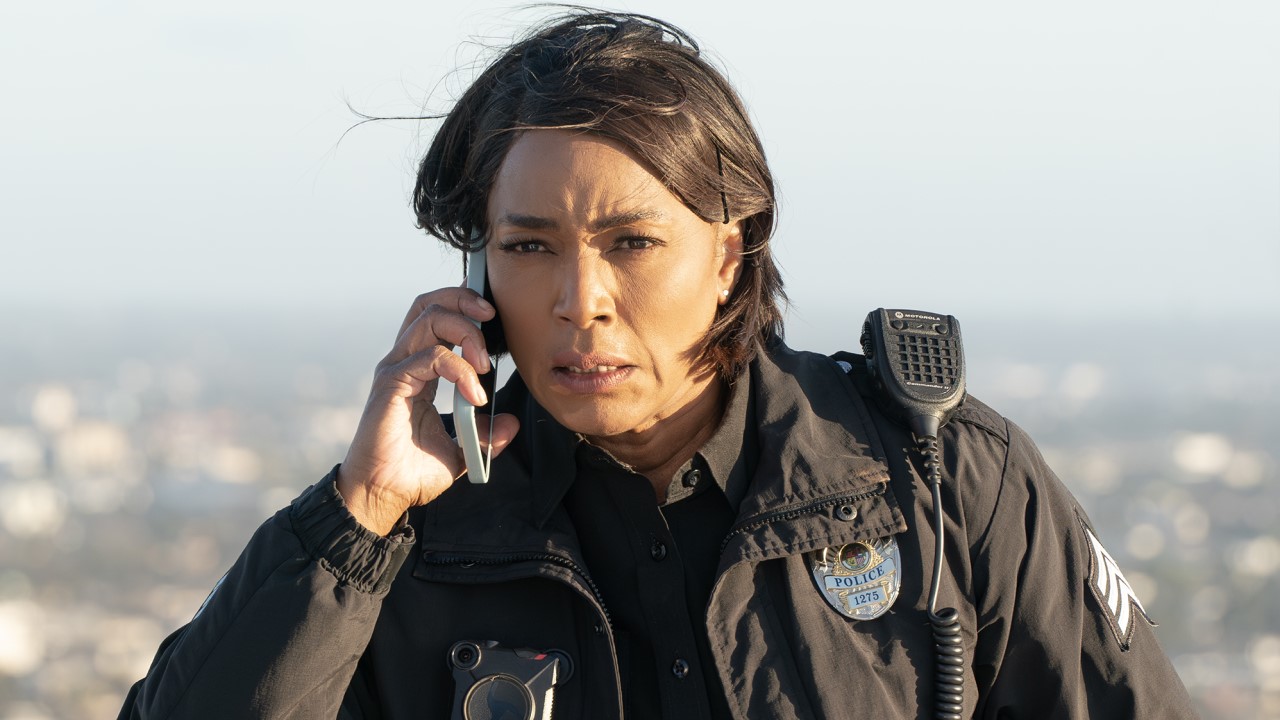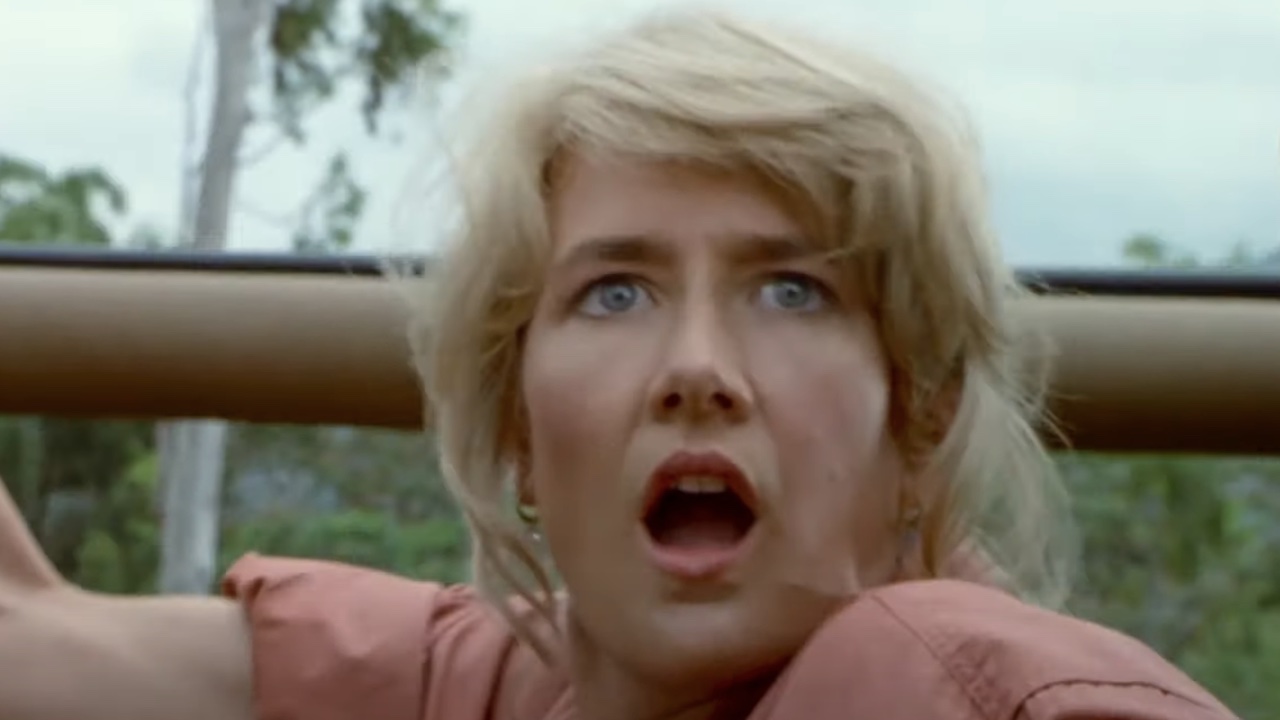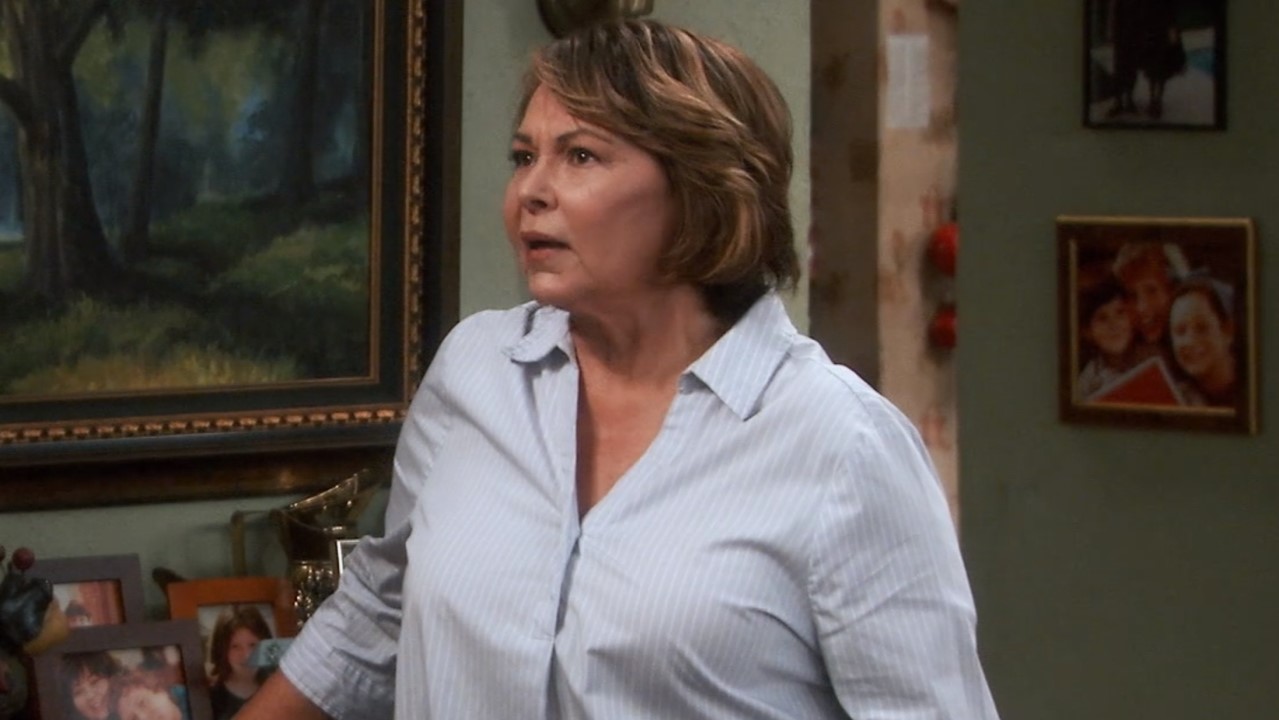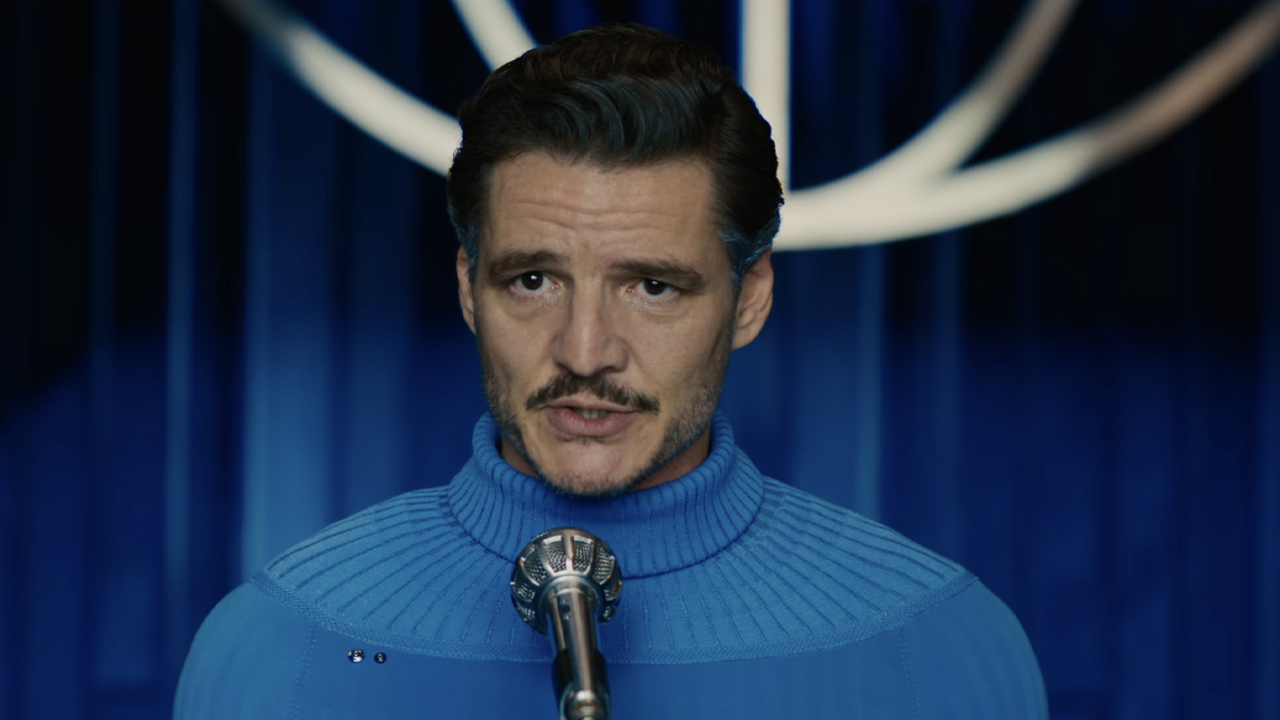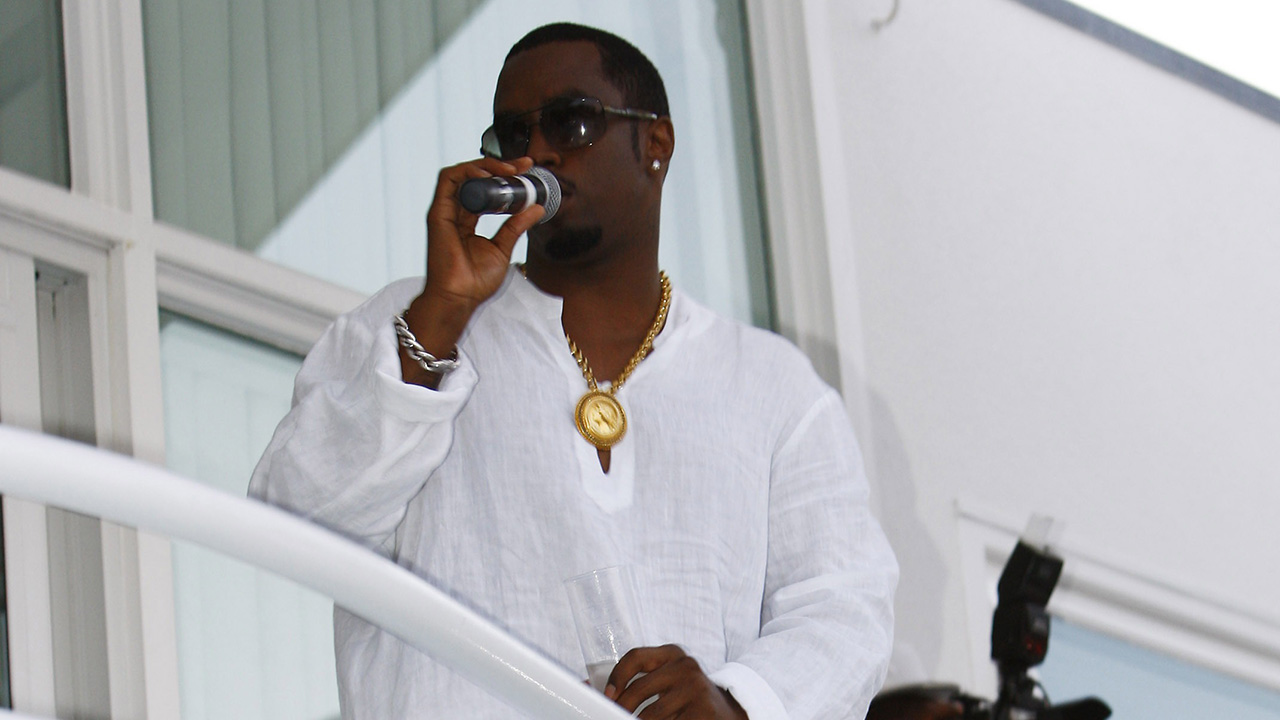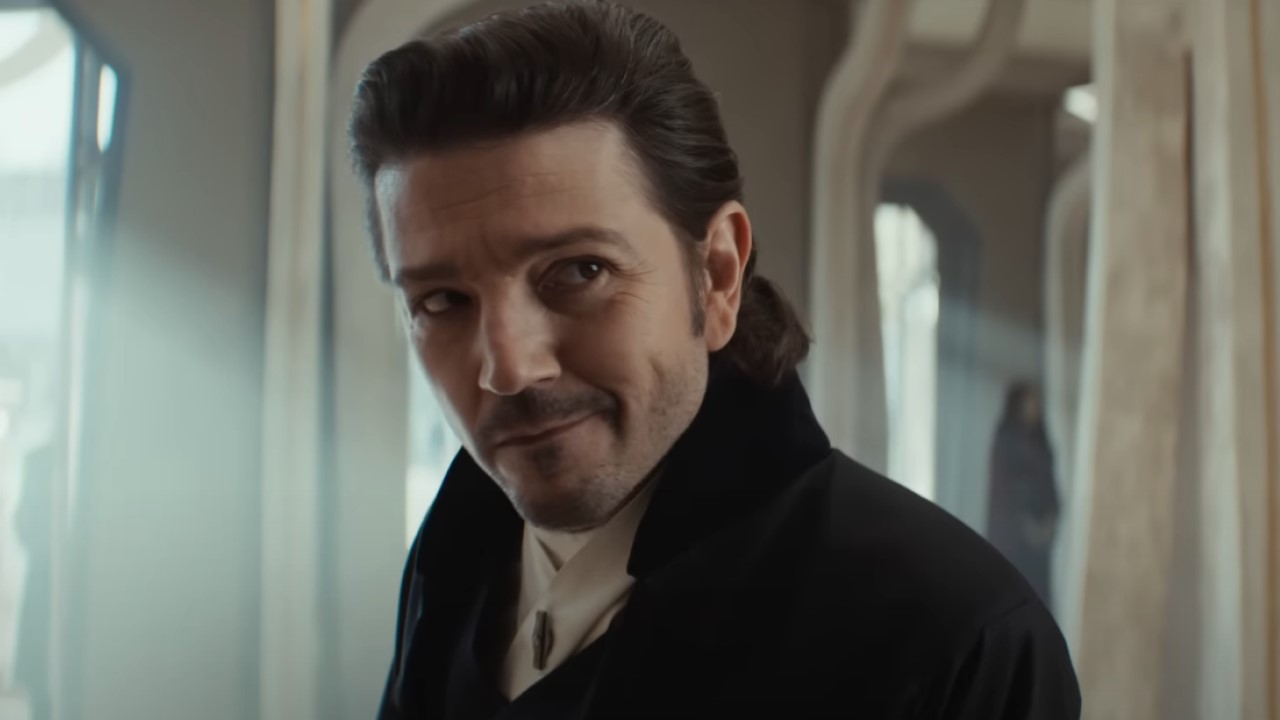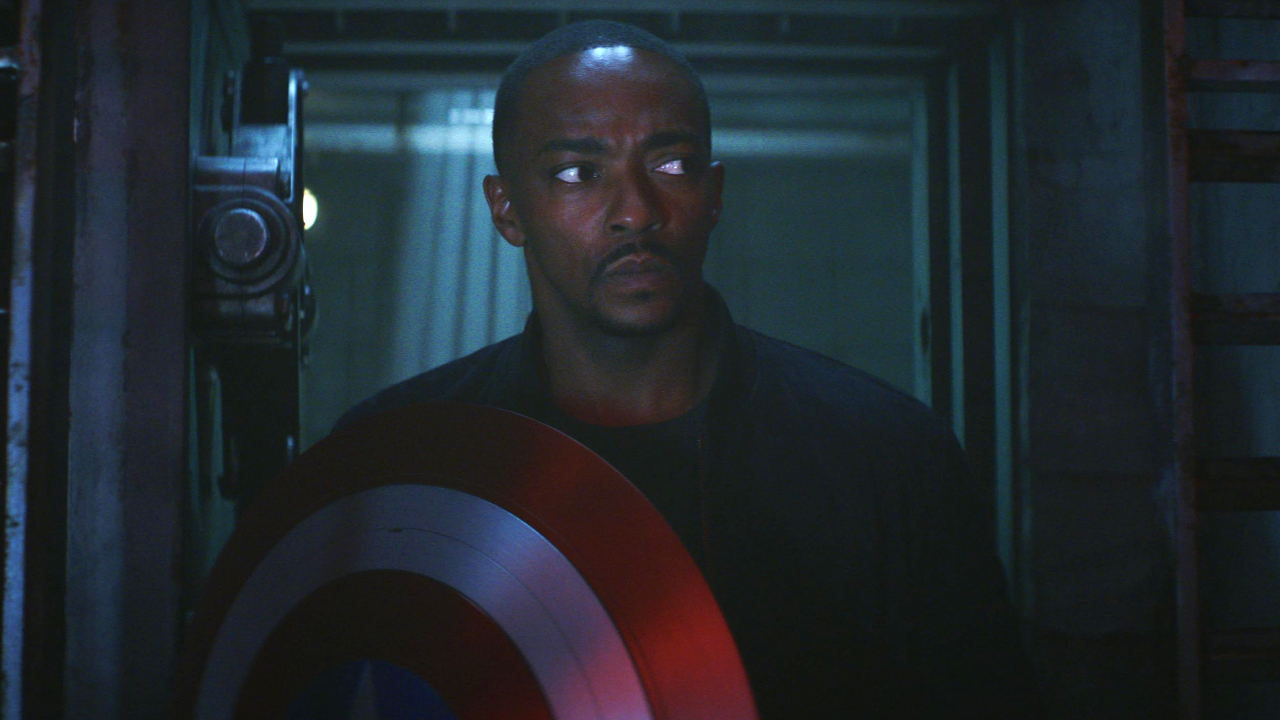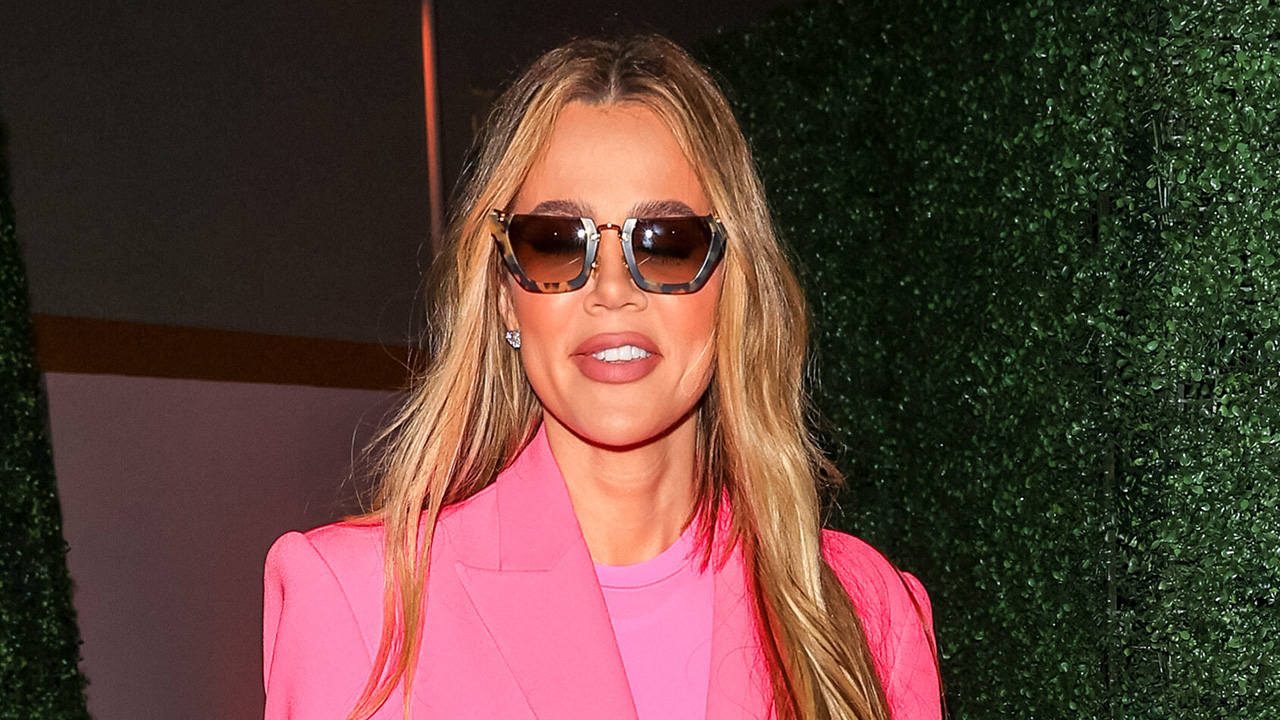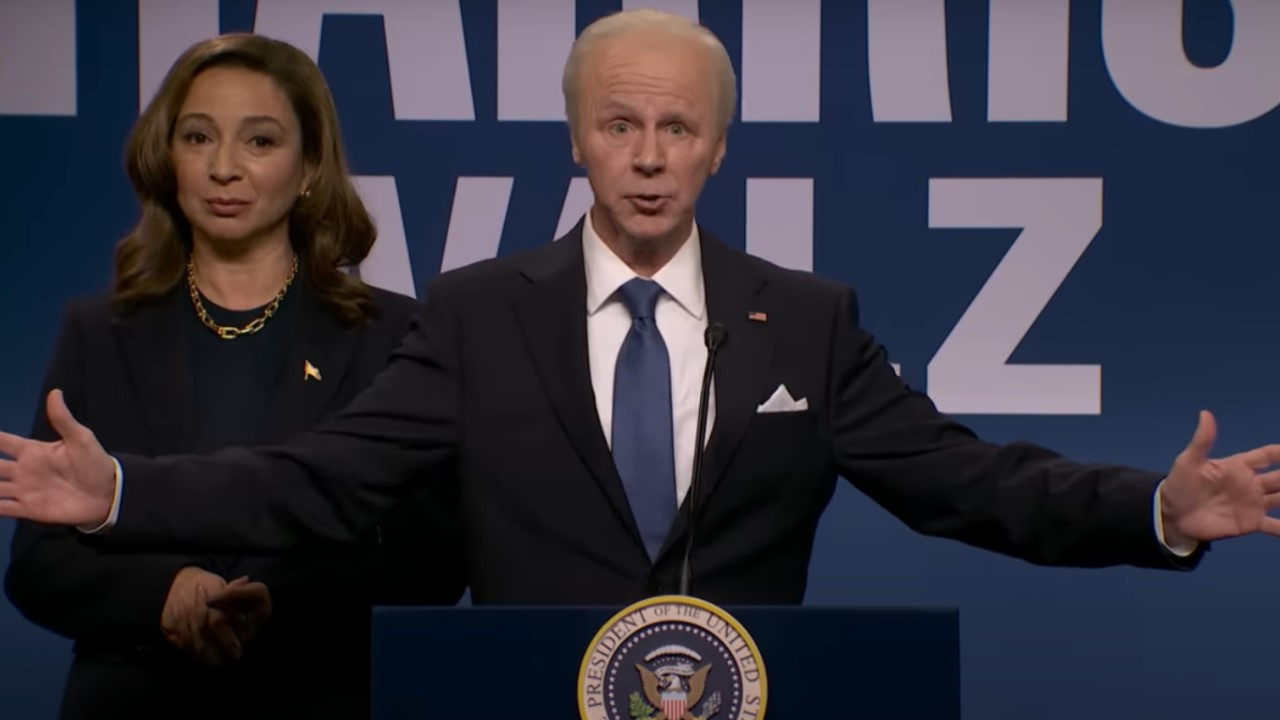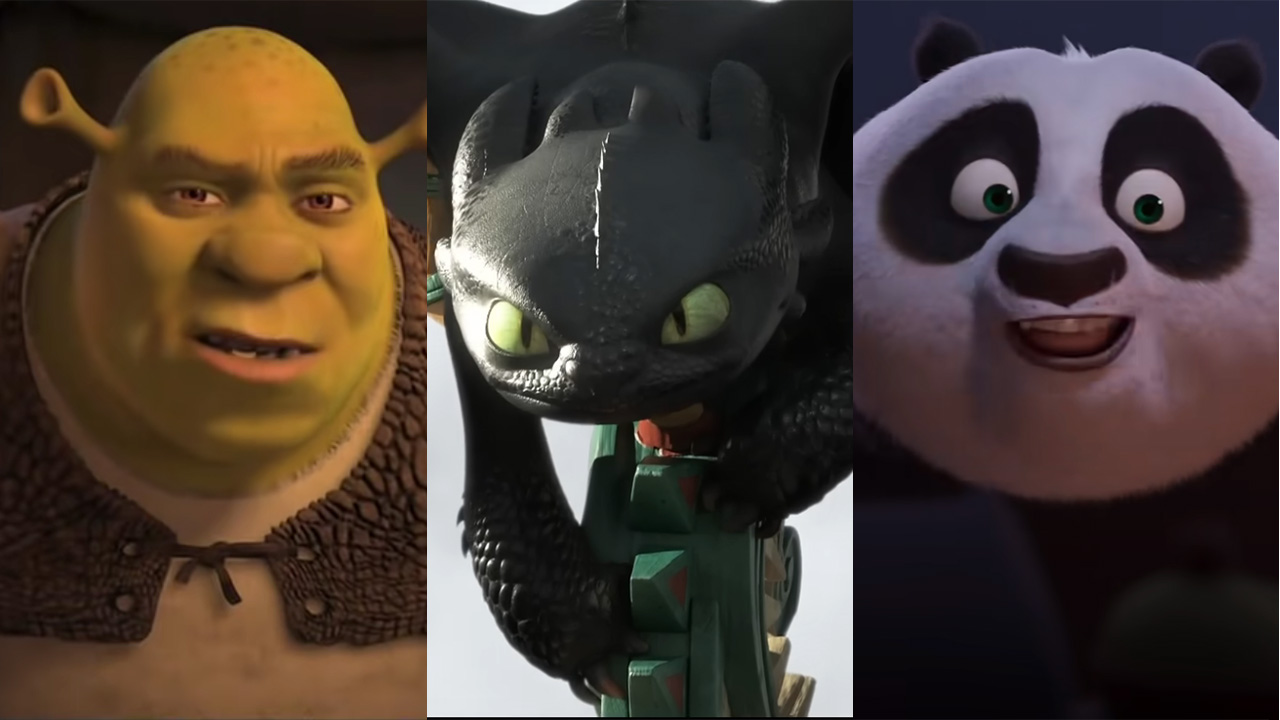Interview: Natalie Portman And Scarlett Johansson
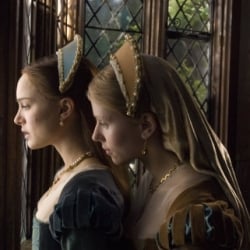
A profile in W Magazine recently suggested that it’s hard to find a guy with a crush on both Scarlett Johansson and Natalie Portman. After asking everyone I know, I’ve confirmed that that’s an insane thing to say: everyone has a crush on both of them. So it was probably some journalists’ dream come true when they both sat down to talk about their latest film The Other Boleyn Girl, in which they play two siblings fighting for the affections of one man: The King of England, Henry VIII.
History tells us lots about Anne (played by Portman), who convinced the king to divorce the reigning queen and marry her instead. The divorce cause a permanent rift between England and the Catholic Church that lasts to this day. Unfortunately the scheme didn’t work out so well for Anne, who later got her head chopped off for her trouble. Not only that but Anne bypassed her sister on the way to the throne; Mary (played by Johansson) was the king’s mistress, and had his son, before he spurned her in favor of her sister. Mary had the last laugh, though: she remarried and lived in peace the rest of her life.
Portman and Johansson talked about the challenges that faced them on the set, from riding horses in big ol’ dresses to working with jokester Eric Bana. The sisterly attitude seen on-screen carried over into real life; they finished each others’ sentences and occasionally whispered to each other. Read below about what it takes to get that kind of sibling rivalry—and sibling affection—down pat.
Can you talk about working in the costumes?
Scarlett Johansson: Of course as an actor, anything that will help you get into character is helpful. As modern women we’re used to being able to move freely, not think about what we’re wearing. These costumes—it not only is uncomfortable to wear, it affects how people move around you. It affects your intimacy and all these things. It’s a constant reminder of the restrictions that were placed on women of this time.
Natalie Portman: It definitely helped. The costumes are so bold and sort of daring, it definitely matched who [Anne Boleyn] was as a woman too. That was definitely helpful. [As for eating in the costumes], I remember Scarlett warning me, she was like, “I had a bagel at lunch. Big mistake.” You take your costume off for lunch at break, and you forget—
SJ: And then you pour yourself back in. It’s definitely more uncomfortable after lunch. It’s gotta go somewhere, and it’s not going in the middle.
CINEMABLEND NEWSLETTER
Your Daily Blend of Entertainment News
Did you both ride sidesaddle?
SJ: No, I was riding astride. My riding was faster. A lot of the riding was rushing from Rochefort back to the castle. I was wearing this huge coat across the horse. I could ride sidesaddle, but when I was riding you couldn’t see any difference at all.
NP: That’s actually something I didn’t realize that I learned on the movie, that sidesaddle came after. Usually women were riding astride, and the sidesaddle was a new invention.
Was it dangerous?
NP: No.
SJ: It was quite comfortable, actually.
NP: I think it’s way more comfortable than riding astride. Because you’re on the fat part of your butt instead of the bony part.
Do you think anybody under the age of 20 knows who Anne Boleyn is?
NP: Well, people watch The Tudors, right?
SJ: I remember passing very briefly through this period of time in my own world history class. Unless you’re studying or majoring in European history or particularly interested in these biographies, it’s not something that as Americans much of the people know. I remember divorced, beheaded, died, divorced, beheaded, survived—that’s what I learned about Henry VIII. It was never fully explained, the rough edges of history. Hopefully with Natalie and I both involved in the project it will entice younger generations—maybe it will spark their interest in the subject. Because it is a fascinating time in history, and as they say, history repeats itself.
How did you become involved in the project, Scarlett?
SJ: A major part of why I joined the project, is because Natalie was involved. I’ve been a huge fan of Natalie’s for a long time, and I’ve always loved her choices and her performances. I’d never had the opportunity to work on such an even playing field with my peer. It was a great opportunity for both of us I think.
NP: I read the script and loved it and came on as Anne. I said I only want to do it if Scarlett does it. I had watched her for so long, since we were kids, and she’s so true always, and so good. Like Scarlett was saying, you just never get the chance to work with someone your own age that you so admire. It was such a great, great chance.
And Natalie, do you think people are aware of history? You did Goya’s Ghosts, and that didn’t get an audience in America at all.
NP: I wasn’t aware of this story before I read the script, so that’s exciting to be able to introduce a story from the beginning. It’s exciting to be in England, where I think people know a lot about Anne Boleyn. It’s exciting to turn it on its head. Because the whole story of Mary is a very untold story. Also people know the story from the book, which was really, really popular here.
Do you both like [the Showtime show] The Tudors?
NP: I’ve never seen it, actually.
SJ: I’ve never seen it either.
NP: We both just got the DVD though.
SJ: I don’t really watch that much TV, other than like CNN Breaking News, or BBC America. It’s very rare that I’m watching any kind of show. I never get a chance to. I like to watch those strange medical mystery programs.
You both have scenes with Spanish actress Ana Torrent. What was it like working with her, and did you feel sympathy for her character?
SJ: She’s an incredibly strong actor. I was interested to see who was going to take on this role. It’s a little cameo, but what a delivery. What a sweet and soft-spoken woman, and then to see her have this incredible presence. She just felt very regal, and had this stature. It is a part that the audience is very sympathetic toward. She isn’t just hardened. You see the emotion and the pleading behind it. It’s gutsy. When she’s carried away, it’s a devastating moment in film.
NP: She’s amazing. She has great dignity and strength. I think it was so crucial that every woman in this movie had their own real strength and character. It was essential, even for people in the smaller roles, that everyone really have this presence. Kristen [Scott Thomas] too—I think every woman is so fantastic in this, has such complexity, and vulnerable and strong. I think it’s really important to make it feel real.
How did you work with each other on the set?
NP: Scarlett is a total dream partner to work with. I felt like were on the same team. Just the fact that she was always so present, so focused and so real, to believe everything and stay in the scene. It was really, really one of my best, if not the best, acting experience opposite someone my age.
SJ: It was a real learning experience.. We were in these costumes which immediately separate you. You’re in this garb, and it separates you from the guy eating the salami sandwich reloading the camera. It was so important for us to maintain the connection, even in-between shooting. It was hard work, but it paid off hugely. Being able to watch her performance change, and manipulate, or watch her make the discoveries in the scene. Maybe even more so than any experience I’ve had working before, because it was in some way like another one half of a whole character.
And how was working with Eric?
SJ: We never had any scenes with Eric together. Because of that, I never knew what [Natalie’s] relationship was with Eric. I was able purely out of circumstance to define my own relationship with Eric, because I had no idea what was going on with Natalie. Did you feel the same way?
NP: Yeah. I mean, obviously we knew from the script what was going to happen, that’s he’s gentle and sexy with you and rough and challenging with me. I also didn’t know what – I remember [crew members] being like “Oh my God, the sex scene was really hot.” Eric’s super fun and funny and—
SJ: He’s such a goofy—he’s a comedian, of course, and he’s really in love with his family. His family was there the whole time. He’s just talking about regular things.
NP: He’s like a bloke. He’s this Australian bloke. “My cars, my bike, my kids.”
SJ: All of a sudden he’s intense and regal. What was the word you used earlier?
NP: Strapping.
SJ: He’s strapping.
You’re both known for your strong roles for women. Do you seek out films that have a strong female viewpoint, and would you go into producing films like that?
NP: I want to do things that are real people. Women can be weak or vulnerable or strong—they can be not very smart, or brilliant. There’s not one kind of woman out there, and I think it’s important to portray a wide variety. I have recently been getting frustrated—I don’t know if you have this experience, [Scarlett], since we probably read the same variety of what’s out there. The number of roles for strippers or prostitutes, or the opposite, like ‘She’s the moral center of the film. She’s the pure one. She’s the one who makes the man realize who he should be.’ That’s sort to the dichotomy that exists so strongly. It’s the virgin/whore thing in evidence, to the greatest extent. That’s really been bothering me. To find a character who’s complicated like the women in this film is very, very exciting. Also, I love comedies, so much. Any time I read a comedy it’s like the girl is in fashion, she’s really into clothes, she just wants to get married. Those are not values that I care to jump the bandwagon on. I would love to do a comedy, I would love to do a romantic comedy. You don’t find any where the woman has, like, a real job. Joining the “All I care about is fashion and boys,” that’s not what I am. It is frustrating.
SJ: I absolutely agree with Natalie. I found strengths in every character that I’ve played. Even if it is a vulnerable person or someone who’s easily manipulated, there are strengths to every personality. Even if I wasn’t looking for a girl power kind of role, maintaining integrity in a character is a positive thing for women to see. It’s inspiring for women of all ages.
Staff Writer at CinemaBlend

